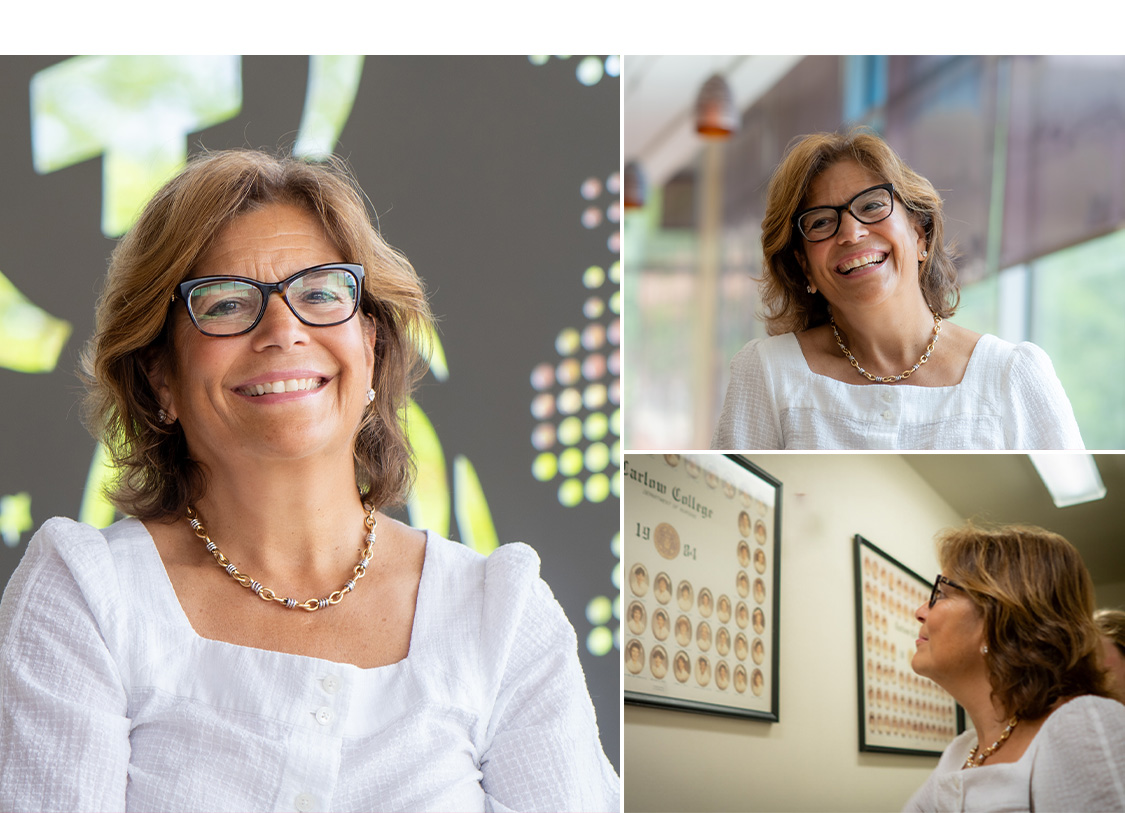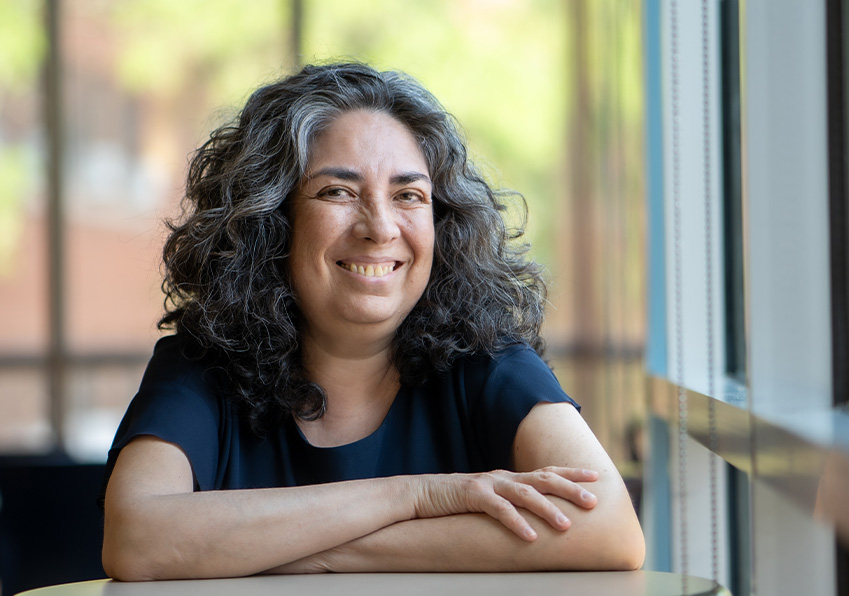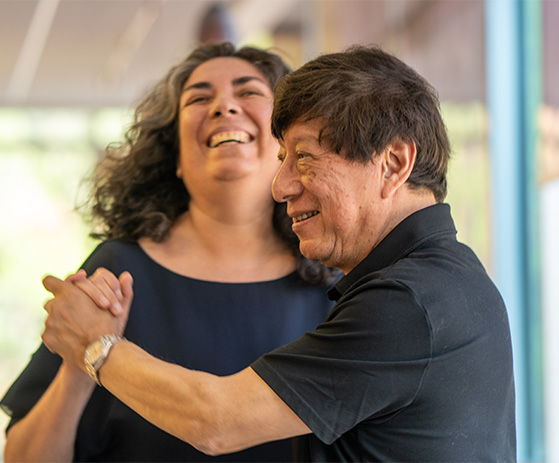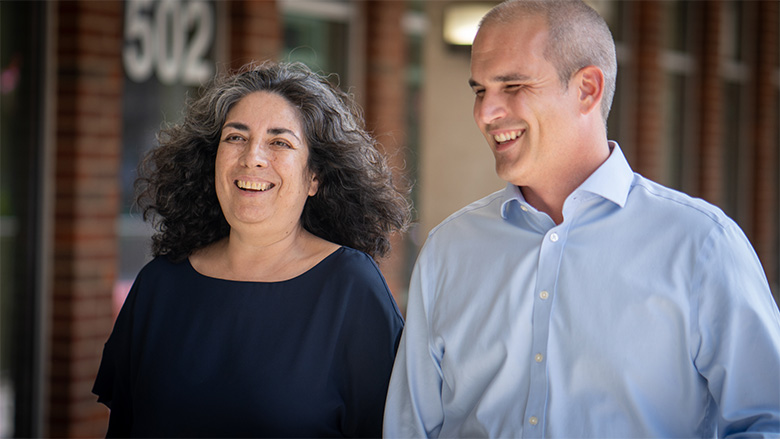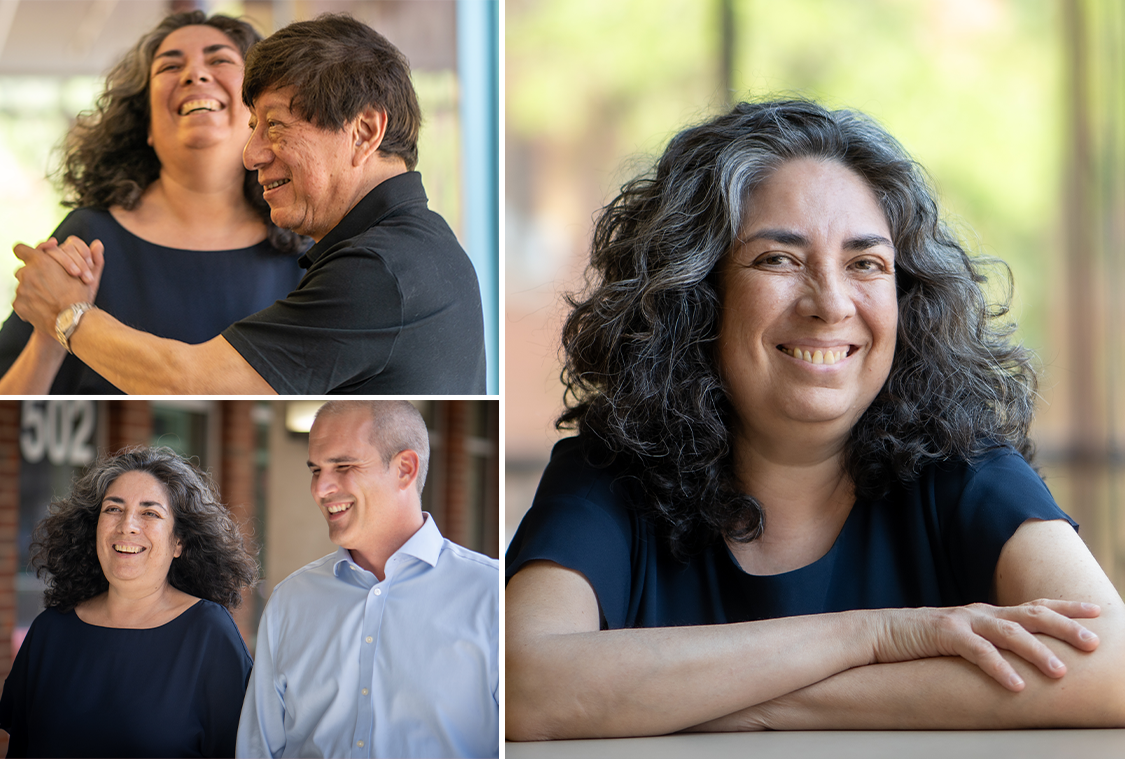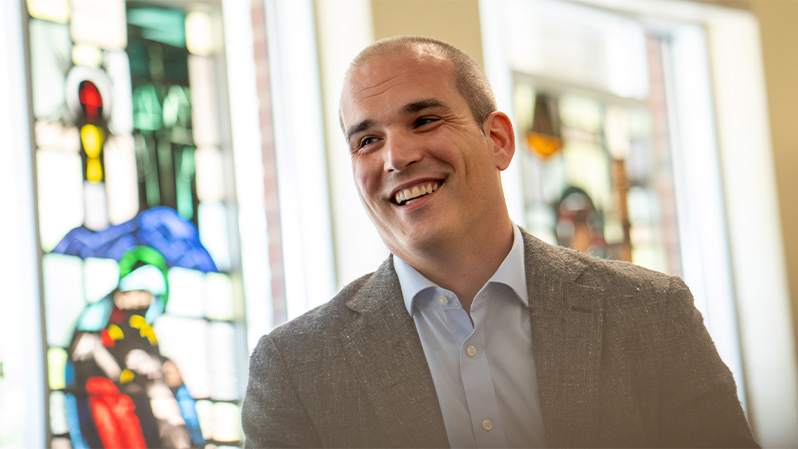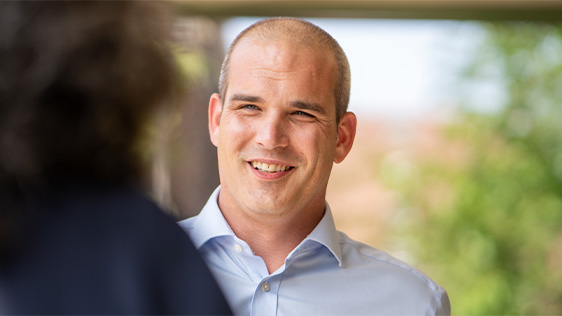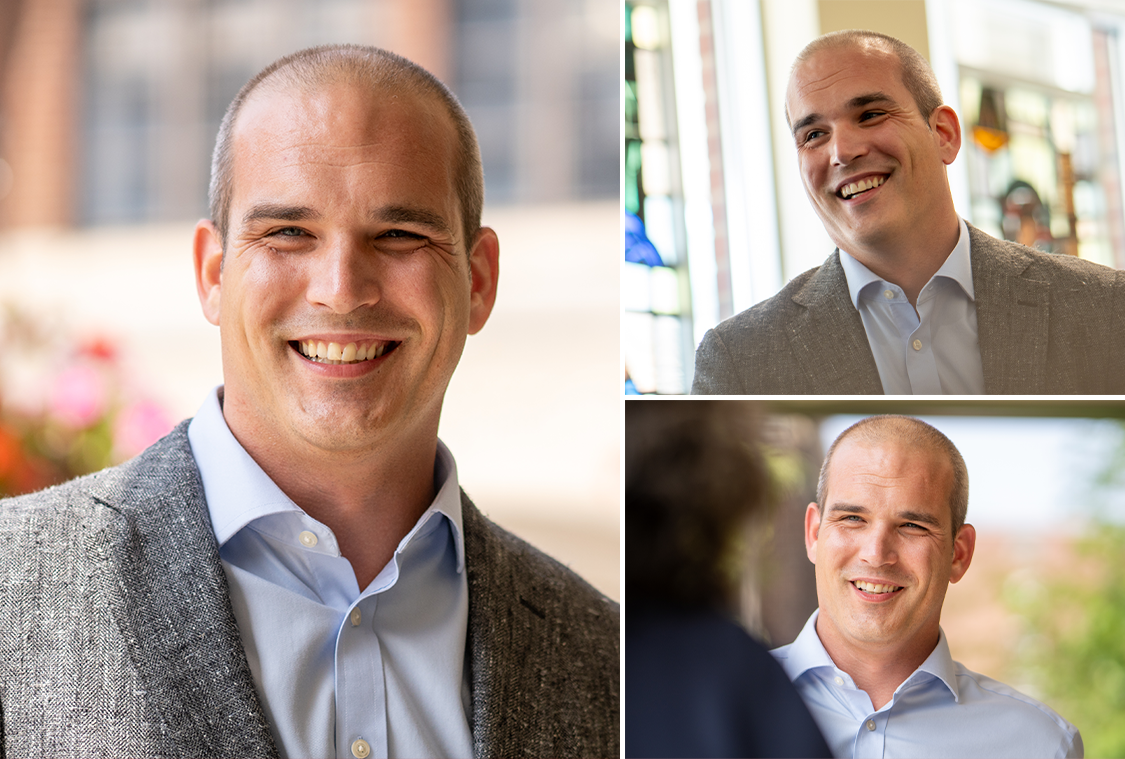
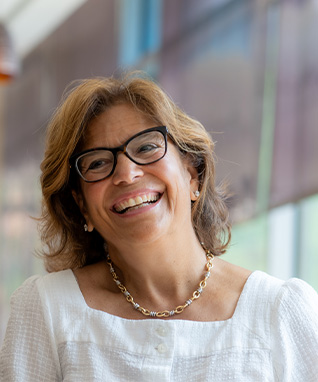
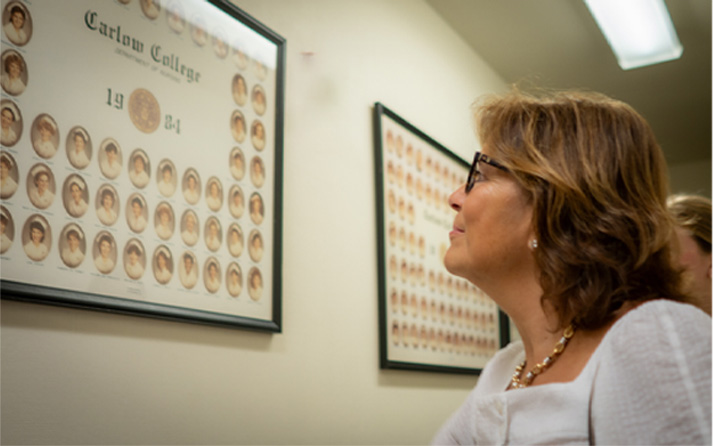
Melanie Heuston, BSN ‘84
As Chief Nursing Executive at West Virginia University (WVU) Medicine, Melanie Heuston brings a wealth of clinical and leadership experience—from her beginnings as an ICU staff nurse to her leadership as a highly accomplished nurse executive at University of Pittsburgh Medical Center and beyond. During her previous tenure at Meritus Health, the organization attained the American Nurses Credentialing Center’s (ANCC) Magnet credential in April 2019—the highest national honor for professional nursing practice.
How did your time at Carlow change or shape the professional you are today?
If it wasn’t for the education I received at Carlow I wouldn’t be who I am today. I was an average high school student, and Carlow brought me into the program and made me a great nurse. I went on to become a masters and doctoral student because of everything I learned here. I don't attribute my professional success solely to those graduate programs, it was the Carlow framework—what I learned here, the rigor of the education, the rigor of the research. I wouldn't be the leader I am in any way if it wasn't for Carlow’s program.
At Carlow, we feel strongly about being devoted to the future of our students. How do you bring that same sense of devotion to your professional life now?
When I was at Carlow, they taught us how to be leaders and to care about the community. I took that very seriously. I don’t think nursing gets the “airtime” it deserves. In my current role as Chief Nurse Executive, I visit all the hospitals and get to be a voice for the nursing practice and share the value of what nurses do with everybody that will listen. It's a privilege. The more nurses we produce and the stronger they are in their practice, the healthier the state and local region will be.
Where do you see the greatest opportunity for innovation in nursing?
As part of the Johnson & Johnson Nurse Innovation Fellowship program I was just selected to join, my colleague and I are working on a way to get high school students interested in nursing. Along that same idea, I’ve recently started the Aspiring Nurse Program at WVU Medicine. I met with deans and directors of nursing schools across West Virginia, and we talked about the barriers to people becoming nurses. For many, it’s about needing support—they need childcare; don’t have transportation; and are dealing with food insecurity. So in through the Aspiring Nurse Program, we offer each nursing student $5,000 every semester, which they can spend on whatever they need, whether it's daycare, food, or something else. The trade-off is the student makes a three-year work commitment to our organization. I believe the Aspiring Nurse Program is going to make a real impact for an underserved population and to the nursing profession.

